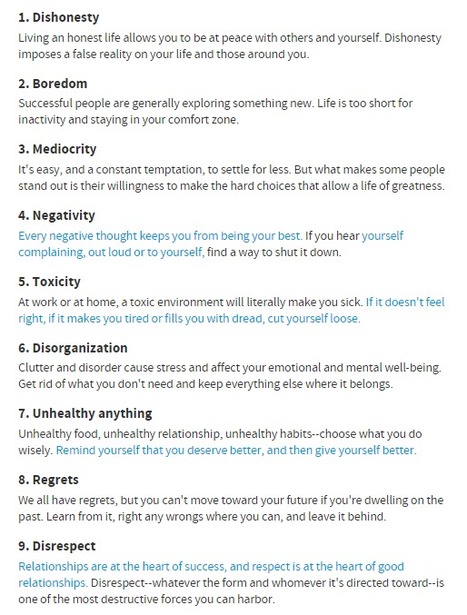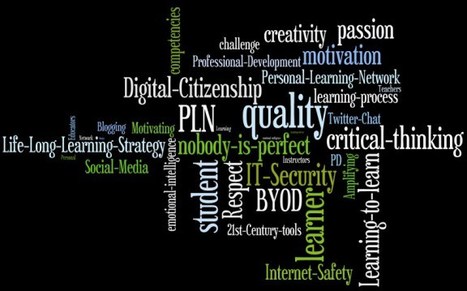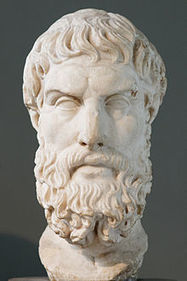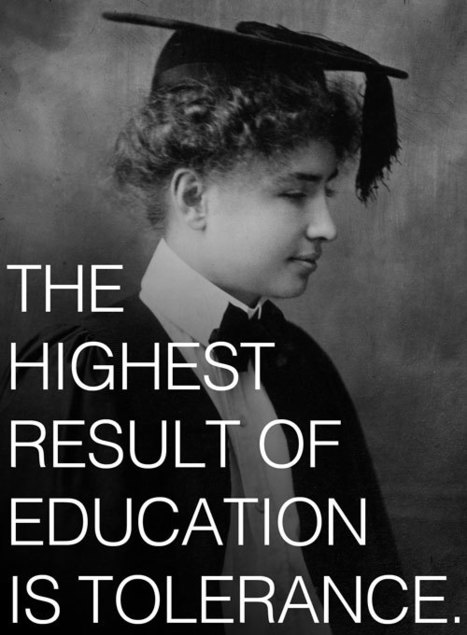- Classroom Resources:
- School Culture
- Anti-Bias Domain:
- Action
Framework
When we put ourselves in another person’s shoes, we are often more sensitive to what that person is experiencing and are less likely to tease or bully them. By explicitly teaching students to be more conscious of other people’s feelings, we can create a more accepting and respectful school community.
Additional Resources
- Happy Faces encourages students to show empathy to classmates having a bad day.
Learn more / En savoir plus / Mehr erfahren:
http://www.scoop.it/t/21st-century-learning-and-teaching/?tag=Empathy
http://www.scoop.it/t/21st-century-learning-and-teaching/?tag=Soft+Skills



 Your new post is loading...
Your new post is loading...
















Framework
When we put ourselves in another person’s shoes, we are often more sensitive to what that person is experiencing and are less likely to tease or bully them. By explicitly teaching students to be more conscious of other people’s feelings, we can create a more accepting and respectful school community.
Additional Resources
Learn more / En savoir plus / Mehr erfahren:
http://www.scoop.it/t/21st-century-learning-and-teaching/?tag=Empathy
http://www.scoop.it/t/21st-century-learning-and-teaching/?tag=Soft+Skills
http://www.scoop.it/t/21st-century-learning-and-teaching/?tag=Daniel-GOLEMAN
http://www.scoop.it/t/21st-century-learning-and-teaching/?tag=Emotional-Intelligence
http://www.scoop.it/t/21st-century-learning-and-teaching/?tag=EQ